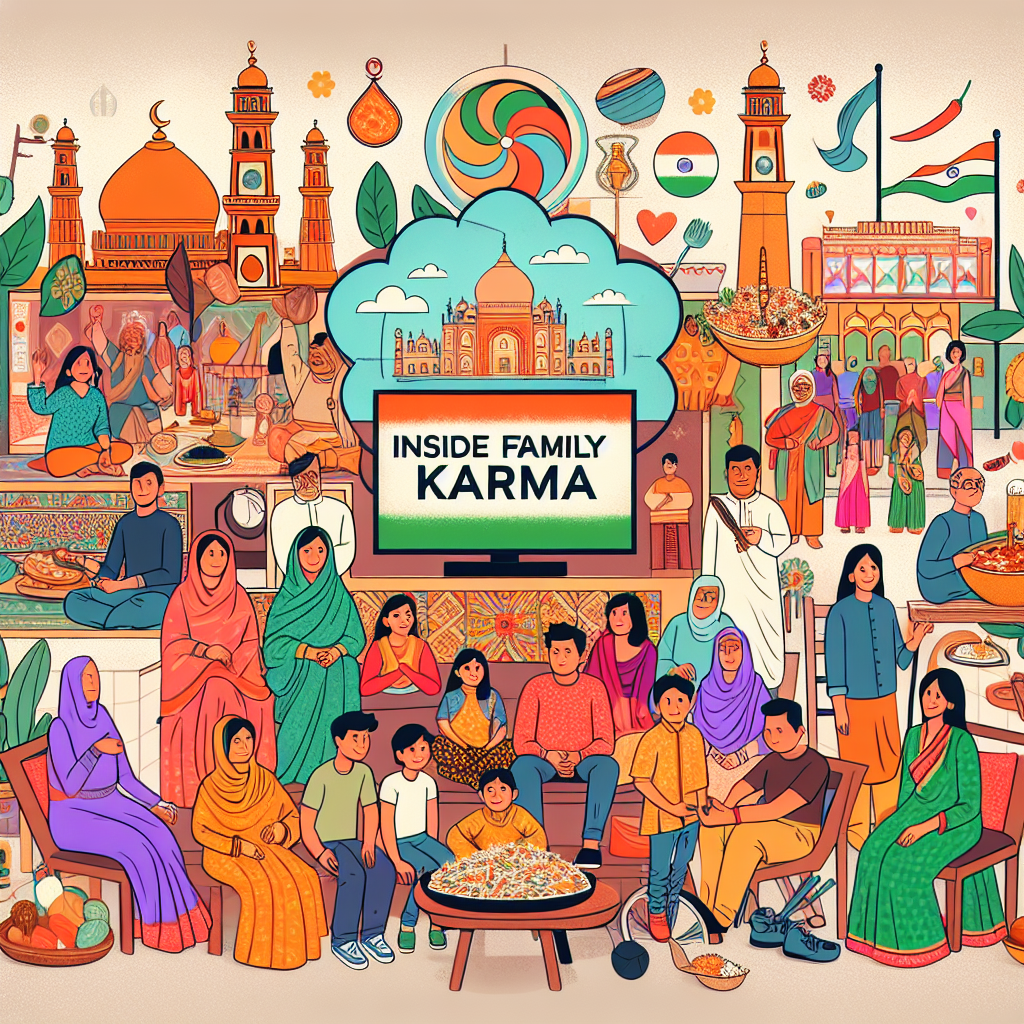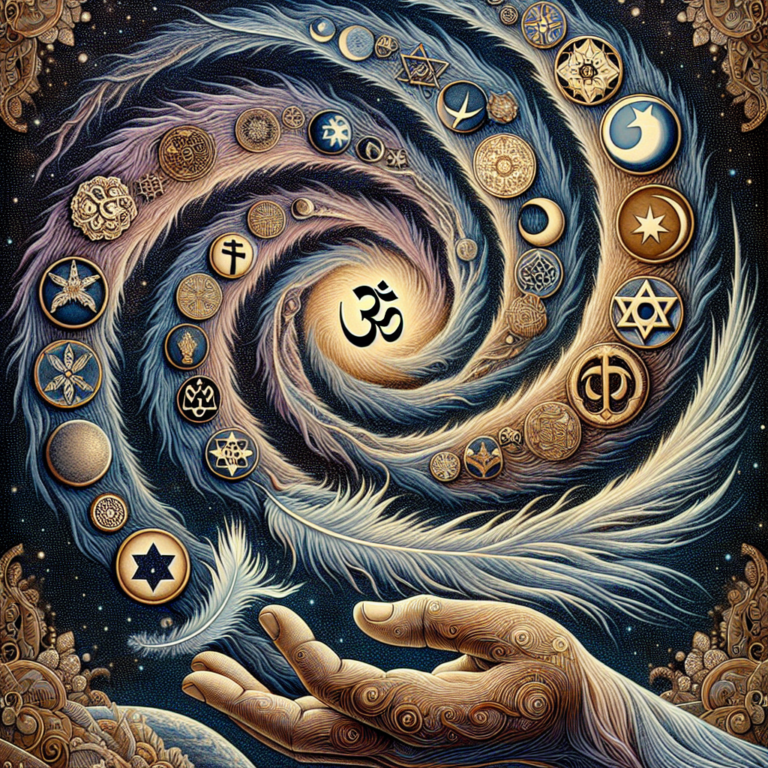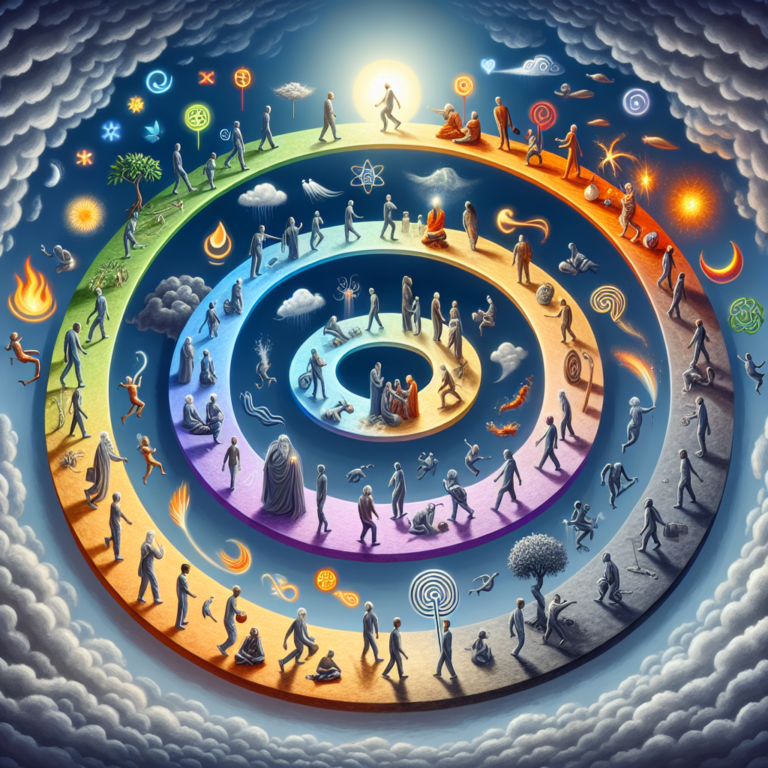In recent years, television has witnessed a surge in shows aiming to diversify their storytelling and represent the myriad of cultures that make up our social fabric. Among them, "Family Karma" stands out as a groundbreaking series that delves into the lives of first-generation Indian American families living in Miami. Through the lens of the cast’s rich cultural heritage and modern American upbringing, "Family Karma" is redefining South Asian representation in media and contributing to a broader conversation about identity, culture, and community.
A New Lens on South Asian Life
"Family Karma," which premiered on Bravo in March 2020, gives audiences an inside look into the lives of a group of Indian American friends and their families. The show focuses on the caste of energetic and relatable characters, including Amrit Kapai, Vishal Parvani, Richa Sadana, Bali Chainani, and more. Unlike many mainstream shows, which often lean on stereotypes or neglect the nuances of immigrant experiences, "Family Karma" offers a thoughtful portrayal, reflecting the joys, challenges, and complexities faced by South Asian Americans.
At the heart of the series is the exploration of generational divides and the struggle between tradition and modernity. Each cast member represents a different facet of the Indian American experience, showcasing their cultural heritage while grappling with issues such as dating, family expectations, and balancing personal ambitions with familial obligations. Such real and relatable problems resonate with a wider audience, allowing for deeper connections and understanding.
Expanding the Narrative
Historically, mainstream media has often painted a narrow picture of South Asian culture, with characters relegated to the background or presented through a lens of antiquated stereotypes—think of the nerdy techie or the overbearing parent. "Family Karma" sets itself apart by immersing viewers in the warmth of South Asian familial bonds, the strength of friendships, and the vibrancy of community life, all while remaining grounded in the contemporary American context.
One of the most refreshing aspects of "Family Karma" is its authenticity. The show captures real moments that not only entertain but also educate. Cultural practices, customs, and celebrations are woven throughout the narrative, from lively Diwali celebrations to the significance of arranged marriages. By sharing these traditions in a light-hearted and approachable way, the show invites viewers to appreciate the richness of South Asian culture without veering into the "othering" that has often plagued portrayals of marginalized communities in the past.
Complex Representation
"Family Karma" presents a multi-dimensional view of its cast. Each character is given space to express their individuality, along with their cultural and familial struggles. Amrit Kapai, for instance, bravely opens up about navigating his identity as a gay man within the traditional Indian context, breaking barriers that have typically constrained such narratives. Through Amrit, and others like him, the show portrays a spectrum of identity—one that also examines the intersections of sexuality, cultural expectations, and personal authenticity.
This depth of character development reflects a broader trend in entertainment: the move away from flat characterizations towards complex, relatable narratives that resonate with diverse audiences. By showcasing the personal journeys of its cast members, "Family Karma" not only redefines South Asian representation but also highlights the importance of authenticity and personal truth—a resonant theme for any viewer, regardless of their background.
Bridging Cultures
"Family Karma" is a celebration of multiculturalism, illustrating how the South Asian diaspora navigates a bi-cultural existence. The tension between preserving cultural roots while embracing American life is a central theme in the series. Unique familial celebrations find their way into typical modern happenings, demonstrating the blend of cultural identities. The dinner table becomes a space for both Indian delicacies and discussions about dating or career aspirations that are distinctly American.
Moreover, the show fosters a sense of community not only among its cast but also with its viewers. South Asian Americans often grapple with identity struggles, and "Family Karma" creates a platform where they can see their experiences reflected in the media. This newfound visibility empowers conversations surrounding representation, allowing members of the diaspora to find solace in the shared hurdles and triumphs depicted.
The Impact of Representation
The cultural impact of "Family Karma" extends beyond entertainment. The show has sparked discussions on social media about identity, self-acceptance, and cultural pride. #FamilyKarma has become a rallying point for viewers to share their own experiences related to the complexities of being part of a minority community while striving for individual success and happiness.
Furthermore, it opens up opportunities for more South Asian narratives in mainstream media, inspiring a new wave of creators and storytellers from diverse backgrounds. The show’s success demonstrates that there is a significant audience for authentic South Asian stories, encouraging networks and producers to explore more untold aspects of the South Asian experience.
Conclusion
"Family Karma" is more than just a reality TV show—it’s a cultural phenomenon that challenges stereotypes and enriches the discourse on South Asian representation in media. Through its authentic portrayal of the Indian American experience, the series provides insight into the joys and struggles of adhering to tradition while exploring individuality. In doing so, it invites viewers from all walks of life to come together in understanding, empathy, and celebration of diversity, setting a new standard for representation in television.
FAQs
Q: What is "Family Karma"?
A: "Family Karma" is a reality television show that premiered on Bravo in 2020, showcasing the lives of Indian American families in Miami.
Q: What themes does "Family Karma" explore?
A: The show delves into themes of cultural identity, generational divides, friendship, family expectations, and the balance between tradition and modernity.
Q: How does "Family Karma" redefine South Asian representation?
A: The show moves away from stereotypes and provides a multifaceted, authentic portrayal of South Asian lives, showcasing both challenges and celebrations as they navigate their identities.
Q: Who are the main cast members of "Family Karma"?
A: The main cast includes Amrit Kapai, Vishal Parvani, Richa Sadana, Bali Chainani, and others, each representing different aspects of the Indian American experience.
Q: What impact has "Family Karma" had on viewers?
A: The show has sparked important conversations about identity and cultural pride among South Asian Americans, creating a sense of community and visibility for their experiences.
It seems like you may have forgotten to provide the details for the prompt you have in mind. Could you please share more information or specify what you’d like to discuss, create, or explore? I’m here to help!, #Family #Karma #Unique #Show #Redefining #South #Asian #Representation, #Family #Karma #Unique #Show #Redefining #South #Asian #Representation, 1736167248, inside-family-karma-how-this-unique-show-is-redefining-south-asian-representation





